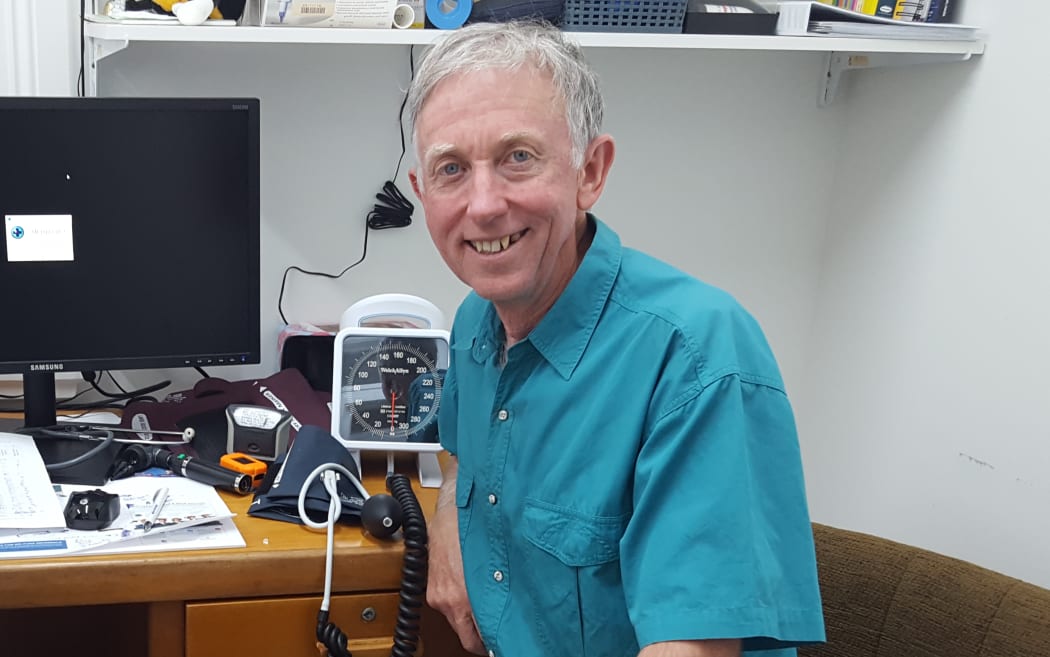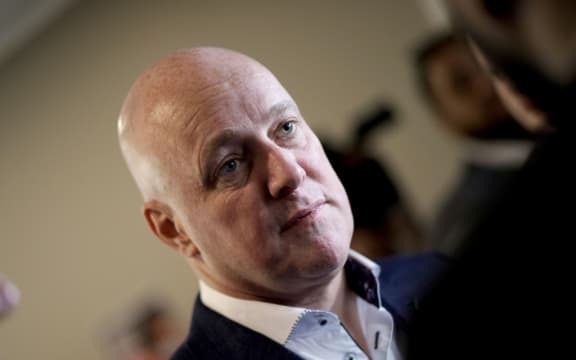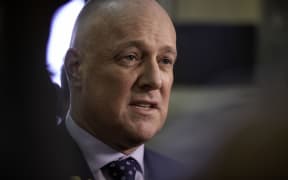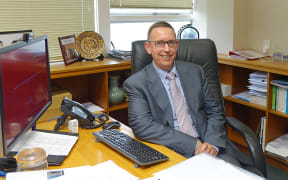
Doctor John Burton. Photo: Susan Murray/RNZ
In the eyes of a King Country rural general practitioner, a medical school with a rural focus based at the University of Waikato cannot come soon enough.
Kawhia doctor John Burton said a medical school - mindful of regional communities - was long overdue, and he hoped with National being a supporter of the concept, things would start to happen.
In July, the National Party said it would put $300 million towards setting up a new school and in March, the Waikato University's vice-chancellor Neil Quigley told National's health spokesperson Shane Reti the first student intake would be 2027.
Dr Burton said in the early days when a medical school was talked about for Waikato, he was not that keen.
But now there was a real emphasis on rural and regional communities so he was fully behind the "long overdue" idea.
"One (medical school) that focuses on communities and providing out into rural areas. Hopefully one that integrates with Auckland and Otago too, it's really important that all three medical schools are addressing the needs of patients rather than just trying to build their own empires.
"And the other thing that I hope will come out of this is not only will it be a medical school that has a lot of its training disseminated out in to rural areas, in both North and South Islands, it's not one just based in an urban location, but it will also be a medical school that trains allied health professionals.
"We need nurses and midwifes out in the rural areas, not just doctors," Burton said.

In July, the National Party said it would put $300 million towards setting up a new medical school. Photo: RNZ / Marika Khabazi
He said it has been hard to get the political will to set up a facility to train a locally grown medical workforce, and with an ageing rural GP sector (a third are expected to have retired by 2030), along with general health shortages, time was running out.
"Once you get the problem, you then have to wait for many years (for an improvement), so you really have to look ahead, and it's so hard to look ahead.
"It's so hard to get the political will to do anything. Twenty years ago the PHO was saying 'this is going to happen' and no-one was interested 20 years ago. They were worried about how many votes they were going to get in three years' time and not looking that far ahead," he said.
Burton said it will be interesting to see where they find the staff to run a Waikato medical school.
Meanwhile, Quigley said he was looking forward to progressing plans to establish a new graduate-entry medical school.
Professor Quigley said once a new government was formally established, the university would look at requirements to meet current and future health workforce needs.
He said the Waikato medical school offered an opportunity to better prepare doctors to work in regional and rural communities and to reduce the chronic reliance on importing doctors from overseas.




